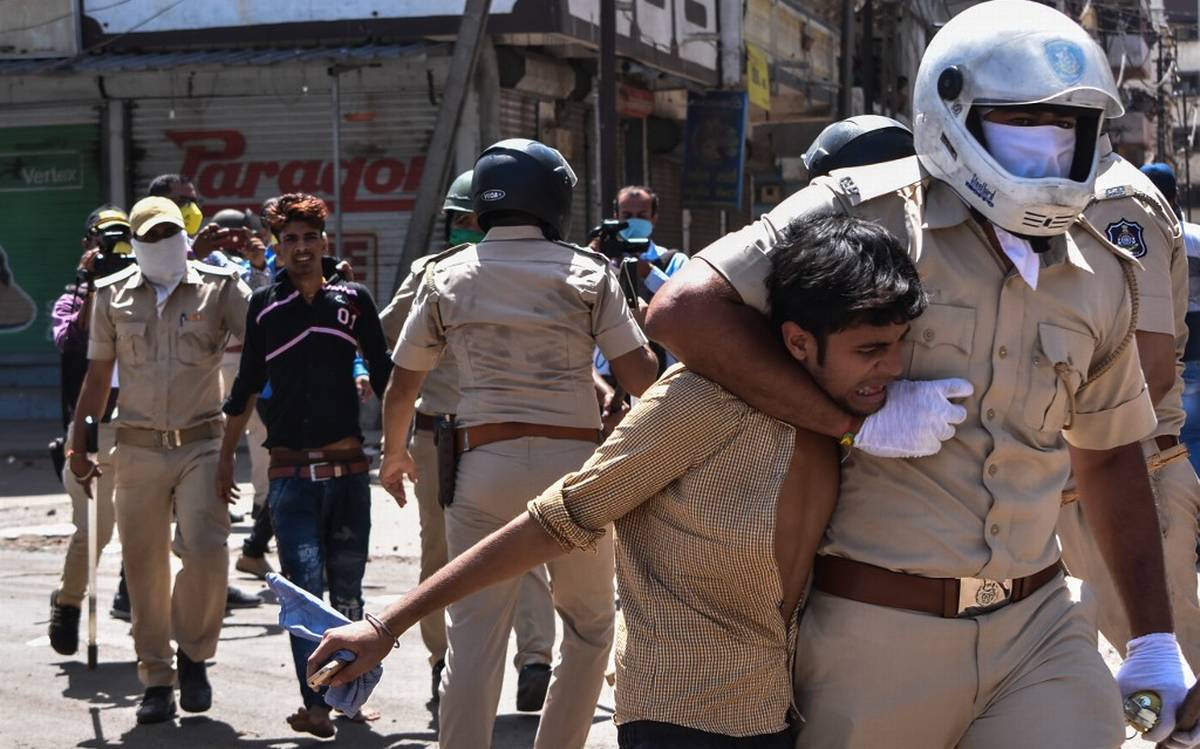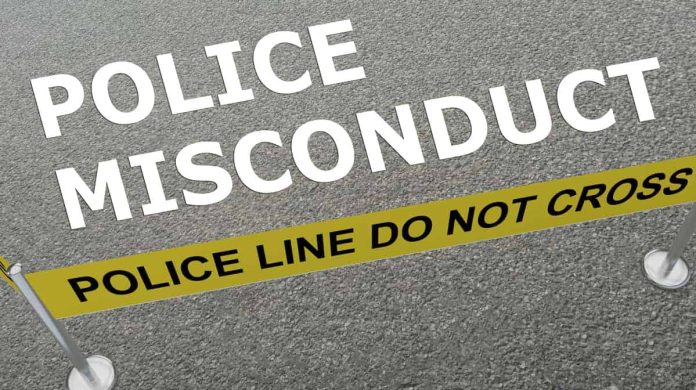- Indian people are quite conversant with how law enforcement agencies function in the country, especially the police across various states. The common people expect police to serve them in the true spirit of the letter as enunciated in their charter of duties. However, what one experiences on the ground is an entirely different story altogether. The unholy nexus between the political masters and the police needs no further elaboration. We are certain about how this unholy nexus pans out. The narrative has been built over the years that the police usually look the other way when it comes to the high and mighty. At the same time, commoners bear the brunt despite the law of the land being uniform irrespective of caste, creed, or class.

PC: iPleaders
- The fact is, the police have become subservient to the political masters, further concretizing the popular belief of commoners being subjected to hardships, whereas the affluent receive different treatment. Yes, police atrocities and misconduct are facts that cannot be buried and/or hidden from getting highlighted. Several movies depicting the familiar narration of how police indulge in misconduct have hit the silver screen. As such, a movie on police misconduct not getting clearance appears long-stretched. For the uninitiated, a survey showing police misconduct makes the same point. As reported, finding a police procedural film on Indian cops reportedly disruptive to social harmony, censors have sought page-long cuts to it, and its release here is uncertain.
PC: LinkedIn
- Santosh, playing in British theatres, is about a young woman cop, a widow, who must probe a Dalit girl’s murder. It’s in Hindi, was shot in India, was the UK’s official entry at the Academy Awards, and has won a Bafta and much global acclaim. It’s an unflinching fictional portrayal, wrote The Guardian, of the murkier elements of Indian police – their violence, caste prejudice, and inherent misogyny – as well as normalization of mistreatment and torture by police officers. Why did censors think this was going to shock the Indians or that Indian cops would find this unfair? Isn’t it ironic? Common Cause-Lokniti-CSDS’s 2025 report on Police Torture & (un)Accountability detailed much of what the movie talks about. Let’s see what it is.

PC: Sun Sentinel
- Over 8,000 cops, constables to IPS officers – in 17 states/UTs, urban & rural – were surveyed. The findings? One in four police personnel justified mob violence in response to sexual harassment, almost a third – pan-India – fully justified torture, 30% said third-degree methods are legit, 22% said killing dangerous criminals (encounters) was better than waiting for a trial, one in five felt tough methods are a must to create fear among the public. It’s also cool to rough up uncooperative witnesses. Almost 50% advocated for regular preventive arrests, and over 40% supported special squads with powers of indefinite detention. 50% felt Muslims are prone to committing crimes – same as in 2019. The only answer to such surveys is to usher in radical police reforms. When?







